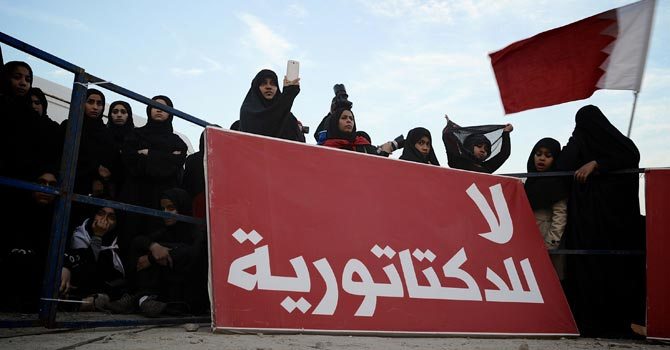Although the Egyptian Electricity Transmission Company (EETC) has completed linking the extension of the Toshka substation to the electric interconnection project with Sudan and its willingness to export and exchange energy with the neighbouring country, but the fate of the project remains unknown due to the ongoing events and political unrest in Khartoum.
Sami Abdou, a manager at the EETC for Upper Egypt, told Daily News Egypt that a high-level delegation headed by Sabah Mashali, head of the EETC, visited Sudan to follow up the developments of the electricity interconnection project between the two countries. A delegation from Sudan was supposed to visit Egypt and start the project but this has not happened so far.
He explained that the project cannot be operated without the Sudanese officials’ visit to find out who will be dealt with and supply electricity in the network, and provide mutual information between the Egyptian and Sudanese sides on lines and switches and protection and communication devices.
Abdou stressed that Egypt has completed the implementation of 100km of lines until Arqin. The two sides should agree on the exchange of capacity and the amount of energy Egypt will supply to Sudan.
He pointed out that Egypt will export electricity to Sudan and will not exchange it, especially since the electric capacity reserves on the electrical grid are between 15-18MW per day.
Abdou stressed that the construction of a national network for the transfer of electricity is strong and high efficiency is one of the main components of Egypt’s vision to export surplus electricity to neighbouring countries.
The first phase of the Toshka 2 transformer station, going to the Arqan transformer station in Sudan, starts at 220kV, rising in the second phase to 500kV.
The project is part of Egypt’s plan to become a regional energy hub, which also includes two similar projects, the first with Saudi Arabia with a capacity of 3,000MW at a cost of $1.6bn, and the other is with Cyprus and Greece at a capacity of 2,000MW with initial investments of $4bn.



